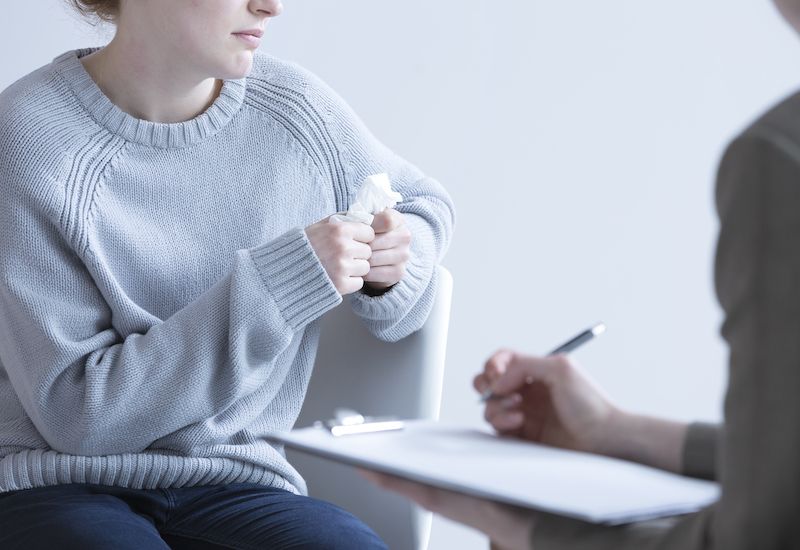

The onus on proving sexual consent will, in the future, fall upon the person accused of sexual assault, not the complainant, in a significant change to Guernsey's legal system that has been designed to "end victim-shaming".
The States approved an amendment to Home Affairs' Sexual Offences Legislation by 32 votes to 5.
Deputy Gavin St Pier, who led the amendment, said it was a "small step to begin a long journey to change our culture."
"Our amendment is simple, it says it really shouldn’t and actually it doesn’t matter how a victim got into a state where they could not consent," he said of the proposal, which was seconded by Deputy Lindsay de Sausmarez.
"The fact is they could not give consent and whatever the reason for that, the burden of disproving the presumption that consent was not given must lie with the defendant.
"Victim blaming is all about placing unreasonable expectation upon people to act in a certain way to keep themselves safe, whilst expectations are rarely placed on the perpetrator to put the feelings of others above their own.

Pictured: Deputy Mary Lowe warned that the amendment could set a dangerous legal precedent.
"If this amendment causes just a few perpetrators to stop, put the feelings of others above their own and question whether the victim is capable of consenting, it will have achieved its objective."
Home Affairs President Mary Lowe opposed the amendment, saying it would set a damaging legal precedent.
"A person who became intoxicated through their actions will gain a legal right to be absolved for the responsibilities of their actions," she said. "By setting a precedent, if that was to be transposed to other areas, we would find that in street fights or in assaults against our own police officers, the accused could argue that they couldn’t be held responsible for throwing punches or kicking because they had been drinking.
"The ramifications of this amendment if successful changes the justice system for individuals going from innocent until proven guilty and in will come guilty until proven innocent."
Deputy St Pier countered this by saying that the prosecution will still bear the burden of proof.
"This amendment is not driving a stake through the heart of our criminal justice system or centuries of jurisprudence," he said. "The central tenets hold, innocent until proven guilty, it is a minor amendment to a very large law that simply adds one more presumption to the many that already exist in law. It is more about supporting a change in culture with a legal change to do that."
Concerns were expressed by several deputies about how the amendment would end up working in practice, with the HM Comptroller saying that was still "something of an unknown quantity".
States members also questioned the "grey area" between someone who had a small amount a drink and those who were clearly intoxicated, and at what point on that "scale of drunkenness" would someone be considered as incapable to provide informed consent.
The possibility of false accusations was also spoken about in some detail, given the effect it could have on people wrongly accused.
Thank you to the 32 Deputies who recognised that sexual violence ‘victim blaming’ should have no part in Guernsey’s legal process.
— Jane St. Pier (@stpierjane) June 17, 2020
A powerful and important message has been sent to our community. https://t.co/lXXU6WlVeD
Pictured: Support for the amendment on social media.
Deputy de Sausmarez said there are ways of protecting a defendant's identity unless, and until they are proved guilty.
The inequality of false accusations could be mitigated, she said, by ensuring anonymity until such time as someone is convicted, considering whether they should be remanded in prison during court proceedings and evaluating whether public trials are appropriate for these cases.
The voting in full on the amendment can be found HERE.
Comments
Comments on this story express the views of the commentator only, not Bailiwick Publishing. We are unable to guarantee the accuracy of any of those comments.